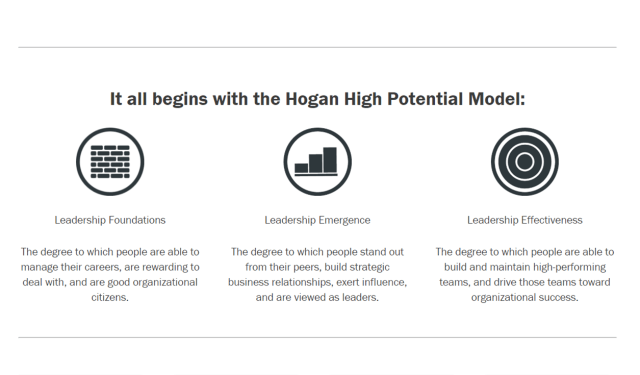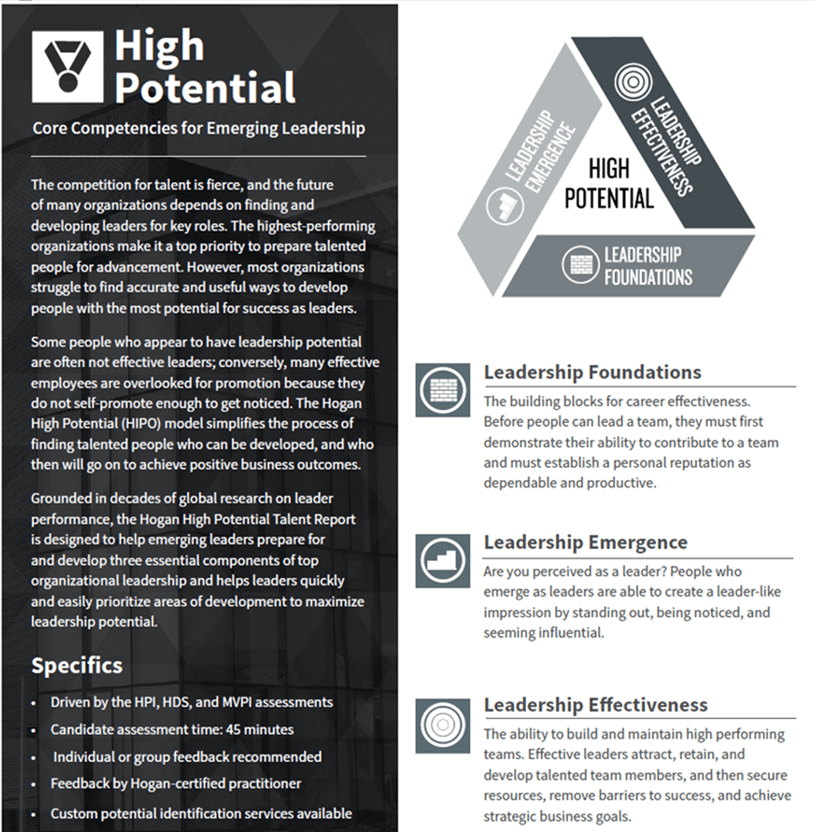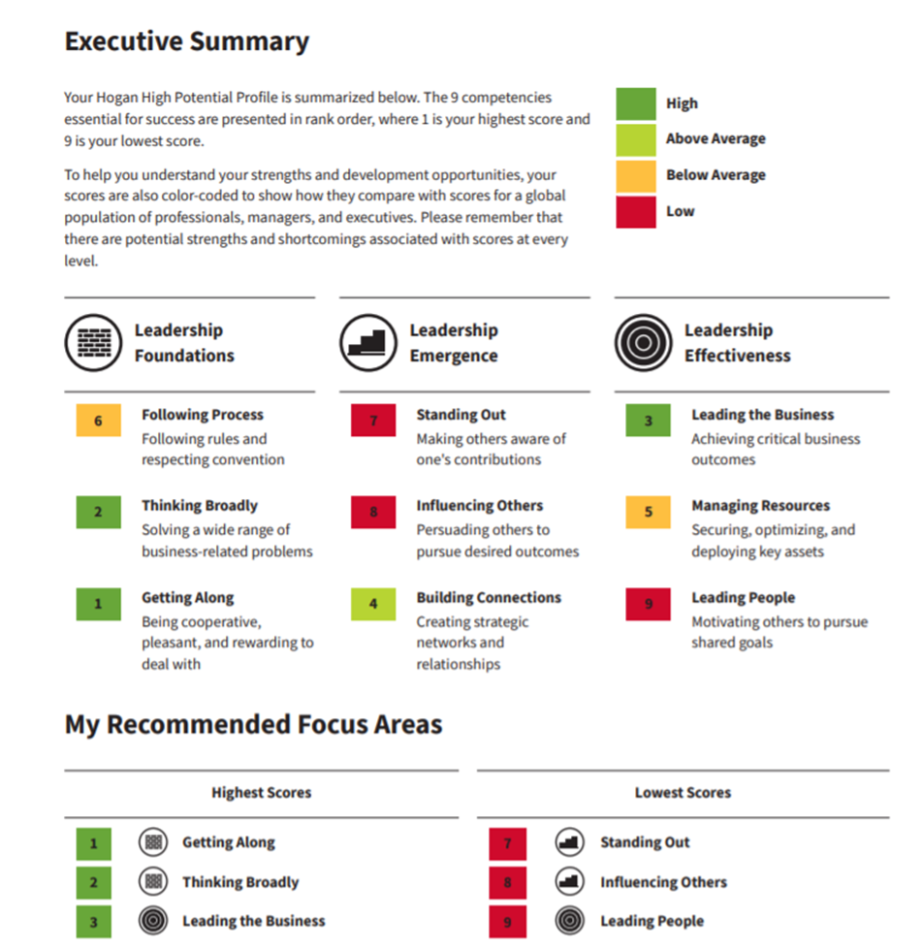How to identify HIPOs?
How do you select the talents? What is emphasized? A major challenge for most businesses is to know which characteristics and human potential are needed in various roles. Have the candidates
potential for success ?
When assessing who will perform best in a higher position or leadership role, too much emphasis is often placed on previous achievements at a lower level. Although all High Potentials (HIPOs) are high performing employees not all high performing HIPOs are! Research shows that only 30% of high performing employees are HIPOs. Robert Hogan, one of the world's
"How often have you heard someone with a commanding presence deliver a bold vision that turned out to be nothing more than rhetoric and hot air? All too often we mistake the appearance of leadership for the real deal". Know-How: The 8 Skills That Separate People Who Perform from Those Who Don't , Ram Charan
How successful organizations are doing it today
"High-potential programs are intended to identify individuals with leadership potential, but most often they end up mistaking current performance for leadership potential, or favoring idividuals who are talented at organizational politics."The Politics of PotentialRobert Hogan
But it is not enough to select the most talented candidates. Training, development, good follow-up and support are important to motivate and guide the talent in the right direction






